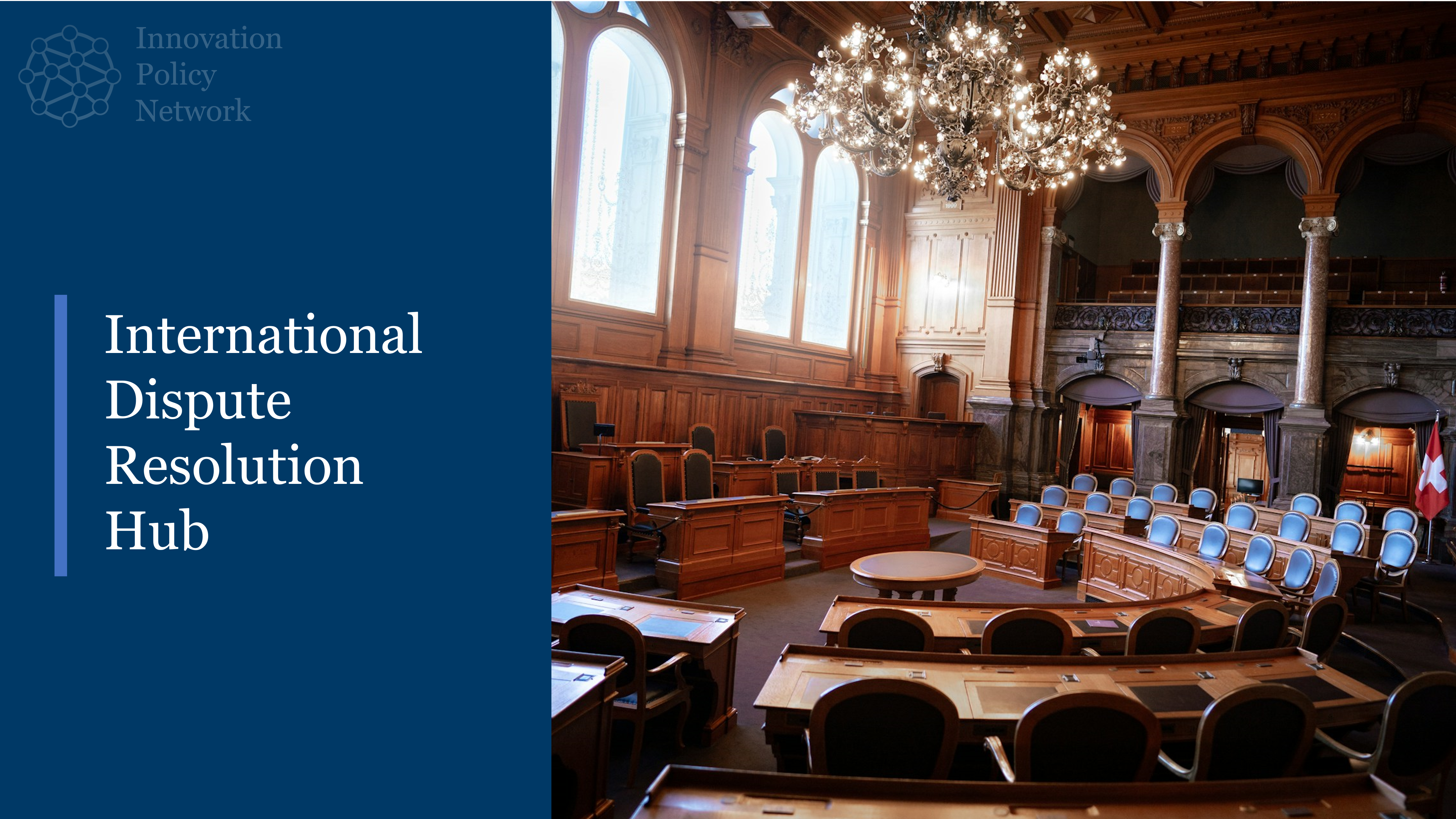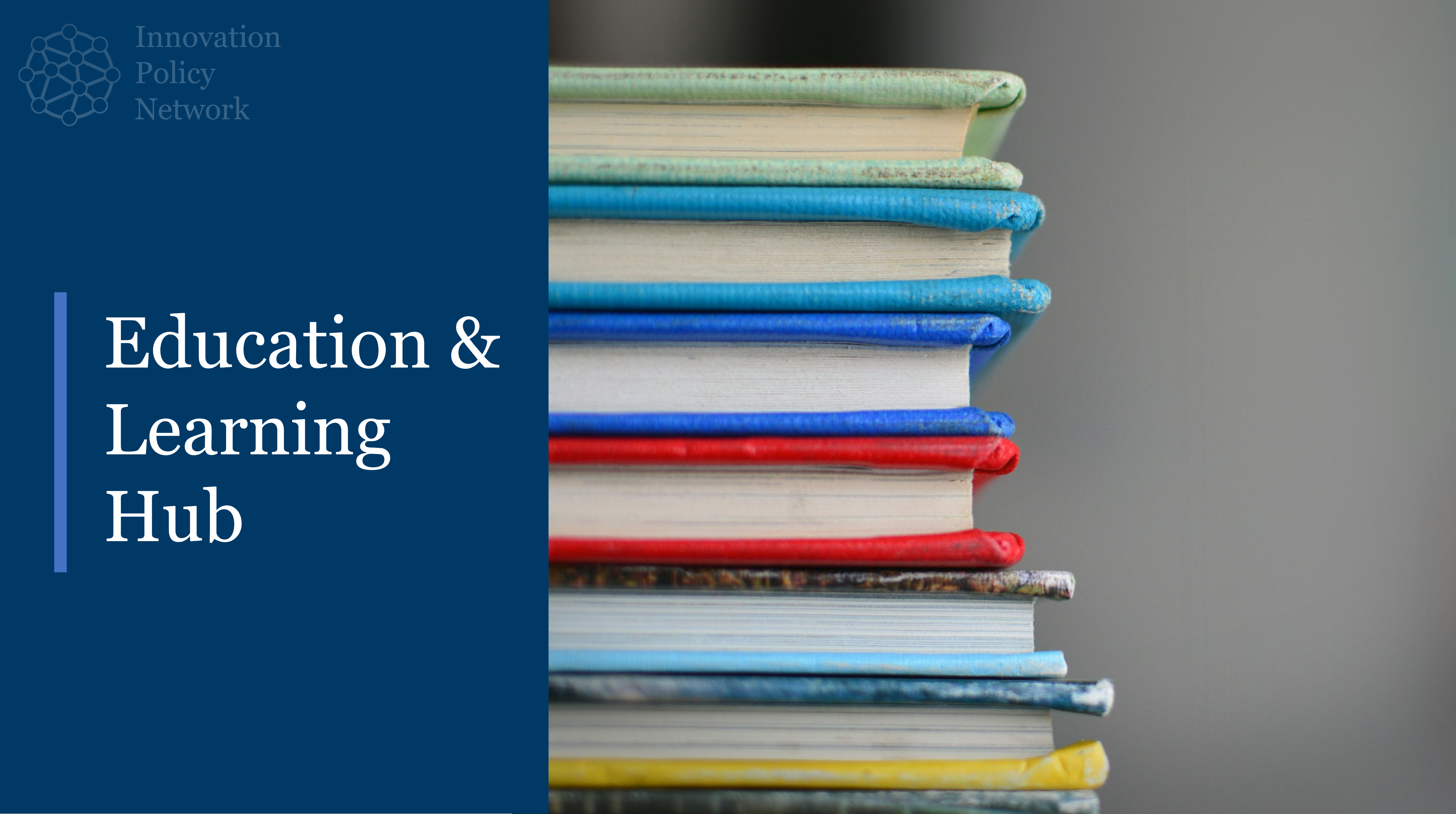Author: Sofia Assante
Can scrolling through your Instagram reels actually lead to better study habits? In an era profoundly influenced by technology across various spheres, it is worth exploring how new digital platforms and tools are transforming the way we approach studying.
In “The Question Concerning Technology”, the German philosopher Heidegger posits that technology unfolds autonomously; while initially created by humans to fulfill their needs, it evolves into a self-perpetuating entity similar to a relentless beast beyond human control. Technology thus becomes the essence of reality, assuming the form of a project. Only when technology nullifies itself will humanity embark anew, once again starting its journey from within technology. Are we truly convinced of our ability to control all this?
Nowadays students are progressively integrating artificial intelligence and platforms such as Instagram reels into their study regimens. AI, in particular, provides personalized learning opportunities tailored to individual needs and preferences, revolutionizing traditional study methods. Similarly, Instagram reels and TikTok videos, with their short-form, engaging content, serve as accessible educational supplements, offering quick insights and summaries on various subjects.
In fact, especially TikTok is becoming day by day a particularly tempting educational tool. A survey conducted by study.com, an online learning platform renowned for its engaging video lessons crafted by subject matter experts, reveals that 69% of people using TikTok for educational pursuits affirm it helped them complete their homework. According to a range of the most popular subjects, it is highlighted that English is the most popular core subject, followed by history, sex education and science. Also 2 out of 5 respondents using TikTok for educational objectives express an interest in acquiring knowledge about personal finance (2022, study.com).
The outlined framework paves the way for insightful proposals for the future, including schools integrating robotics and other innovative educational approaches. This path creates an exciting mix of technology and education, pushing us towards boundless opportunities. For instance incorporating robotics into the classroom environment offers a unique opportunity for children to enhance their critical thinking and creativity. Moreover, robots can play an essential role in nurturing social skills, particularly benefiting shy children or those with special needs. Engaging with robots can provide a less daunting and more structured social interaction compared to engaging with peers, instilling confidence in interpersonal engagements. Furthermore, robots can function as collaborative learning partners or tutors, prompting children to articulate concepts or instruct the robot, thus deepening their own comprehension. (Alexandra Bustos Iliescu, Social Media Officer for the AI for Good team at the International
Telecommunication Union (ITU), the United Nations, AI for Good).
However Prof. Cristina Grieco, president of INDIRE (the Italian National Institute for Documentation, Innovation and Educational Research) reassures us, declaring that: “Teachers will never be replaced by machines, but by those who know how to use the machines”. On the other hand, Prof. Wook Kang, Executive Director of Partnerships/Program Chair at National Luis University/Kendall College states that often online videos are perceived as portraying the authentic narrative. In fact while the clips may offer expedient tutorials, they seldom show the journey toward proficiency or mastery, including the requisite practice and sacrifice. An approach that should be taken is making people, mainly the youth, understand that instant gratification
does not come in an instant, emphasizing the indispensability of perseverance. (2023, Center for the advancement of foodservice education).
As we embrace artificial intelligence in our lives, it’s crucial to set some clear rules for how we use it responsibly. These rules help us make sure AI is fair, respects privacy, and does not cause harm. By having guidelines in place, we can build trust in AI and make sure it benefits everyone in a positive way. It’s about using AI wisely and ethically to create a better future for all. Hence UNESCO has published the Guidance on Generative AI in Education and Research, the first global document containing guidelines for the use of artificial intelligence in schools. Audrey Azoulay, general director of UNESCO, underscores the urgency of this initiative since Generative artificial intelligence can be a double-edged sword, it represents an enormous opportunity for
human development, but it can also cause damage and prejudice. As a matter of fact ChatGPT and other generative AI tools are sometimes used by students to cheat on assignments, which would undermine the value of learning and the reliability of assessments. Nonetheless, the potential of these technologies extends far beyond mere subversion, offering avenues for
substantial advancements in educational paradigms. Prof. Chiara Panciroli, professor at the Department of Education at the University of Bologna, scientific director of the Alma Mater Research Center for Human-Centered Artificial Intelligence, affirms that one of the most important topics to explain to students and teachers is that of the so-called explainability, i.e. the understanding and explanation of what artificial intelligence is and how it works, starting understanding how the prompts to be given to the system work. (2023, Wired).
In conclusion, it is utopic depicting a world without AI representing a relevant part of our life; it is gaining a foothold in various fields and we should firstly acknowledge the ways it can aid us simultaneously not allowing it to replace human functions. Values like empathy, solidarity, gratitude and affection inhere only within the human beings and pupils should continue acquiring them through the contact and the bond with family, teachers and friends in order not to become unsentimental as robots.



Leave a Reply